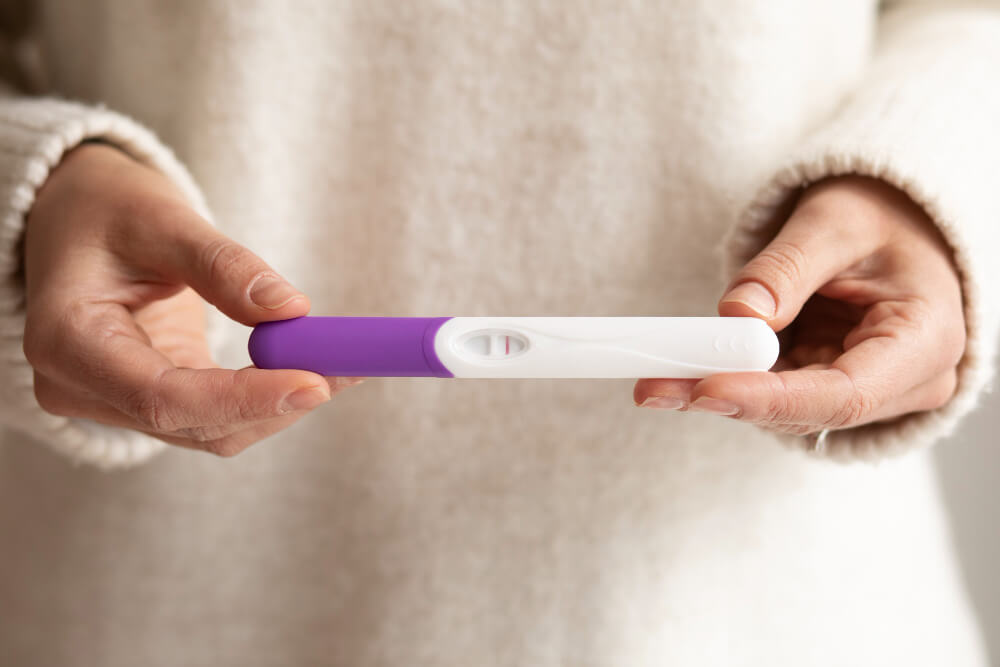Diagnostic Services: Accurate Pregnancy Testing
Pregnancy testing is a common practice for individuals seeking to confirm or rule out pregnancy. Accurate and reliable pregnancy tests are essential for making informed decisions about family planning and healthcare. Diagnostic services play a vital role in providing these essential tests.

Types of Pregnancy Tests
There are two main types of pregnancy tests:
- Home Pregnancy Tests Over-the-counter tests that can be performed at home. These tests typically detect the presence of the human chorionic gonadotropin (hCG) hormone in urine.
- Professional Pregnancy Tests Pregnancy tests administered by healthcare professionals, often using blood samples. These tests are typically more sensitive and can detect pregnancy earlier than home tests.
Choosing the Right Pregnancy Test
When selecting a pregnancy test, consider the following factors:
- Sensitivity: The ability of the test to detect low levels of hCG.
- Accuracy: The reliability of the test in providing accurate results.
- Ease of Use: The simplicity of the test procedure.
- Cost: The cost of the pregnancy test.
Factors Affecting Pregnancy Test Accuracy

The accuracy of a pregnancy test can be influenced by several factors:
- Timing Taking the test too early after a missed period may result in a false negative.
- Sample Collection Following the instructions for collecting the sample is crucial for accurate results.
- Test Quality Using a reputable brand of pregnancy test can help ensure accuracy.
When to Take a Pregnancy Test
If you have missed a period, it’s generally recommended to take a pregnancy test within a week of your missed period. However, if you have irregular periods or other concerns, it’s best to consult with a healthcare professional.
Seeking Professional Medical Advice
After a positive pregnancy test, it’s important to schedule an appointment with a healthcare provider for a prenatal visit. This visit will help confirm the pregnancy, assess your overall health, and provide guidance on prenatal care.
- Prenatal Care Prenatal care involves regular check-ups with a healthcare provider to monitor your pregnancy and ensure the health of both you and the baby.
- Early Detection of Complications Prenatal care can help identify and address potential complications early on.
Diagnostic Services for Pregnancy
Diagnostic services play a crucial role in confirming pregnancy and monitoring your health throughout the pregnancy. These services may include:
- Ultrasound Ultrasound imaging is used to visualize the fetus and assess its development.
- Blood Tests Blood tests can be used to check for various conditions, such as anemia, gestational diabetes, and genetic disorders.
- Genetic Testing Genetic testing can be used to screen for certain genetic conditions in the fetus.
Privacy and Confidentiality
Pregnancy testing and related services should always be conducted in a private and confidential setting. Healthcare providers are obligated to protect your personal information and ensure your privacy.
Pregnancy testing is an essential step in family planning and healthcare. By seeking accurate and reliable pregnancy tests from reputable diagnostic services, you can make informed decisions about your health and well-being. Remember, early detection and prenatal care are crucial for ensuring a healthy pregnancy and a positive outcome.
